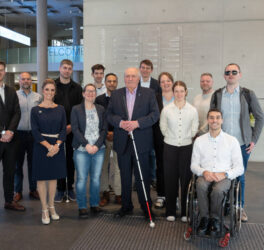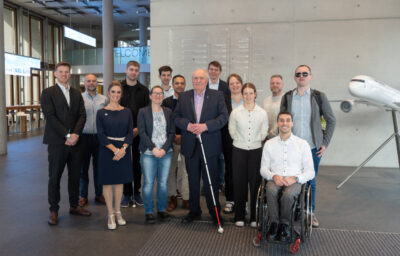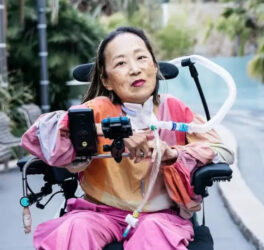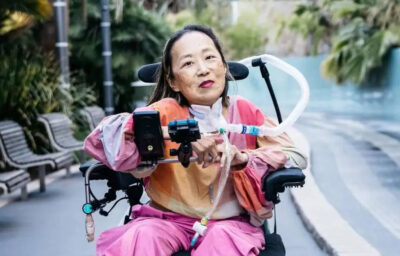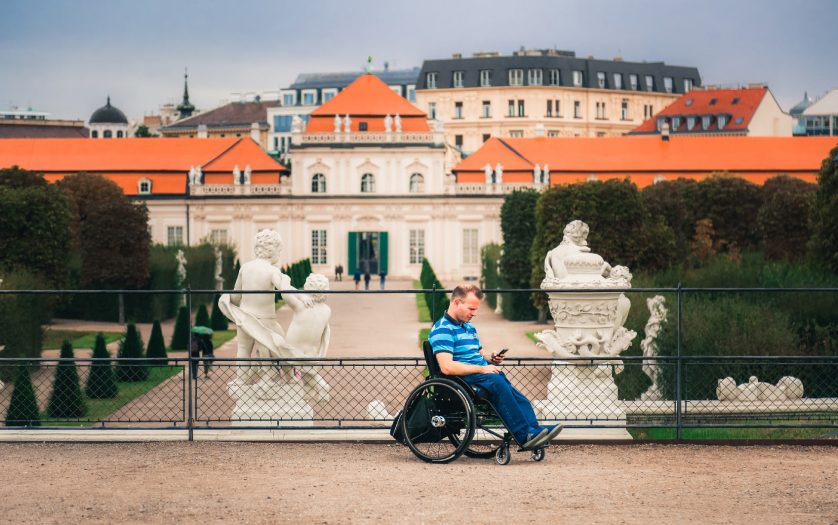
UN Tourism has joined the Federal Ministry for Economic Cooperation and Development (BMZ) to shift the mind-sets of destinations and businesses regarding workers and customers with disabilities.
1.3 billion people live with a significant disability worldwide, with 80% of them living in developing countries and emerging destinations.
When people with disabilities do travel, they are accompanied by 2 to 3 other people. Including accessibility in a business strategy entails new sources of revenue and better economic performance.
Yet despite progress in recent years, discrimination and other barriers still prevent people with disabilities from travelling or working in tourism.
Many job applicants with disabilities don’t see tourism as a viable career path; Businesses are missing out on immense resources of workforce talent and new clients.
UN Tourism and BMZ came together at ITB Berlin 2025 to raise awareness of the wide range of benefits of accessible tourism; They called for a more inclusive sector through international cooperation – to create more jobs, open up travel to more people and build more resilient communities.
A tourism that:
- fosters awareness of the benefits of implementing accessibility, not as a charity – but as a long-term investment;
- engages in social and digital innovation benefitting people and communities; and
- better serves this billion-dollar market of consumers and employees.
The joint event at ITB brought together industry leaders to discuss approaches for creating better workplaces and services in tourism for all, in developed and emerging economies.
A report is also planned to showcase good practices promoted in Berlin; These include examples from Albania, Austria, Ecuador, Germany, India, Jordan and Morocco, as well as international success stories championed by the World Sustainable Hospitably Alliance, Amadeus, European Network for Accessible Tourism and European Disability Forum.
The recommendations, to be also published within the report, will focus on:
- working with end-users with disabilities to understand their needs;
- building a business case of accessibility;
- upskilling employees; and
- adapting job descriptions and workplace environments so people with disabilities can directly apply to work in hospitality.



